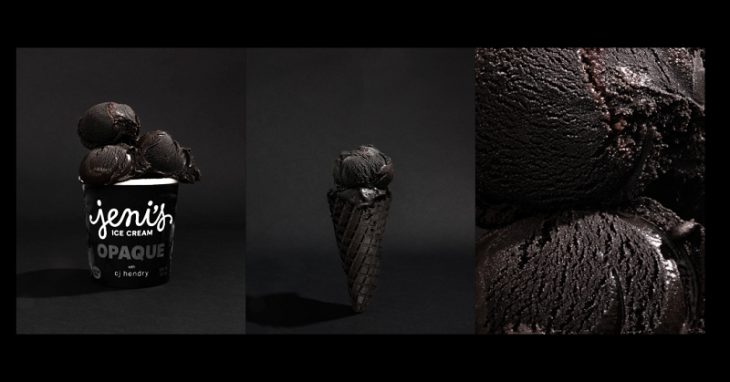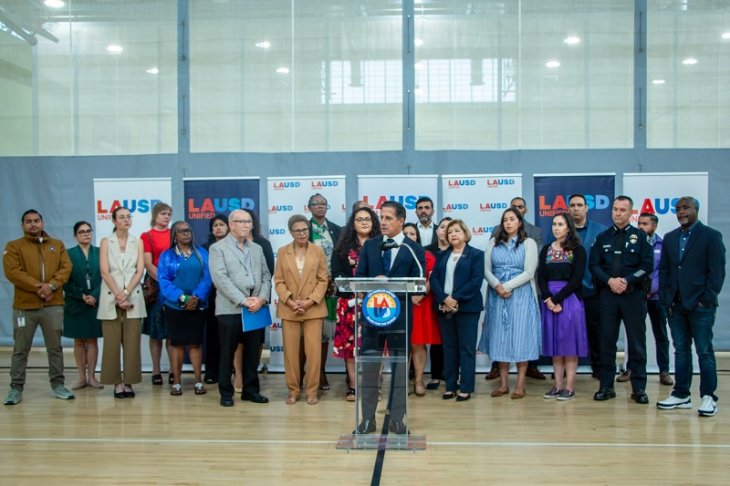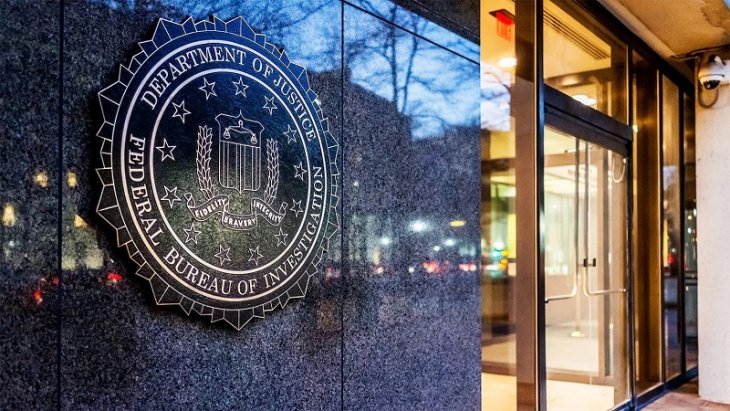HIV preventative medication could become more easily accessible thanks to Senate Bill 159 – a piece of legislature that authorize pharmacists to provide pre-exposure prophylaxis (PrEP) and post-exposure prophylaxis (PEP) to patients without a prescription.
Last week, the bill who was authored by Senator Scott Wiener (D-San Francisco) and Assemblymember Todd Gloria’s (D-San Diego), passed out of the Senate Business and Professions Committee by a vote of 6-0. It will now head to the Senate Health Committee for a vote. The legislation also prohibits insurance companies from requiring patients to obtain prior authorization before using their insurance benefits to obtain PrEP or PEP.
“While many still do not know about PrEP, its ability to prevent HIV transmission has been well proven,” Gloria said. “It is imperative we reduce barriers and increase accessibility to this live-saving medication. Not only can we save lives with PrEP, but we also have a real chance to end new cases of HIV for good.”
PrEP is a once-daily pill for HIV-negative people that almost entirely eliminates the risk of contracting HIV. PEP, on the other hand, is medication that a person takes after being exposed to HIV, in order to prevent the virus from taking hold. PEP is a 28-day course of drugs that, if started within 72 hours after exposure to HIV, significantly reduces risk of infection. Both PrEP and PEP are critical strategies to prevent new HIV infections and to ultimately end the epidemic.
In 2014, Wiener said that he takes PrEP as an HIV prevention strategy.
“We must do more to increase access to revolutionary medicines that help keep people HIV negative, and that’s exactly what SB 159 does,” Wiener said, according to a press release. “By allowing pharmacists to furnish PrEP and PEP, we will help more people, especially low-income people and people of color, stay negative. California has some of the highest disparities between communities of color and white communities around HIV infections. SB 159 will help close that disparity by increasing access for everyone.”
For years, medical and public health professionals, as well as HIV advocates, have demonstrated the efficacy of PrEP and PEP in dramatically reducing the transmission of HIV. A 2011 study of gay men and transgender women, found that drug levels corresponding to daily use of PrEP are associated with 99% protection against HIV. The more individuals who are able to access these medicines, the fewer new HIV infections we will see throughout California. The California Department of Public Health, Office of AIDS (OA) estimates there are 220,000 to 240,000 Californians with an indication for PrEP, but data suggest that only 9,000 people were taking PrEP in late 2016. Additionally, a recent report found that while new HIV infections have decreased, we still see a large disparity between black and Latino gay men and their white counterparts. Latino men were almost twice as likely to contract HIV as white men, and black men were over 3 times as likely. Increasing access to PrEP and PEP is particularly important to reduce new HIV infections in all communities.
Despite their effectiveness, several barriers limit access to PrEP and PEP. These barriers include stigma, medical mistrust and judgment by some healthcare professionals, high costs for patients, scarcity of facilities, challenges getting appointments with physicians, burdensome prior authorization requirements, and an insufficient number of providers who are comfortable prescribing PrEP and PEP. Although some local health departments have implemented programs to increase access to PrEP and PEP, many parts of the state do not have sufficient resources to effectively reach all those who could benefit from these interventions. Further, several California health plans now require documentation to request prior authorization every three months for PrEP. The three-month cycle for prior authorizations puts patients at risk of delays and medication interruptions – thus increasing the risk of HIV infection – and creates unnecessary burden to providers.
“While the Trump-Pence Administration cuts funding for HIV/AIDS research and treatment, California is once again leading the way by working to increase access to life-saving HIV prevention medication,” said Equality California Executive Director Rick Zbur. “We are grateful to Senator Wiener, Assemblymember Gloria and those who voted yes today for helping us take another critical step toward zero new HIV transmissions, zero HIV-related deaths and zero stigma for those living with HIV.”























